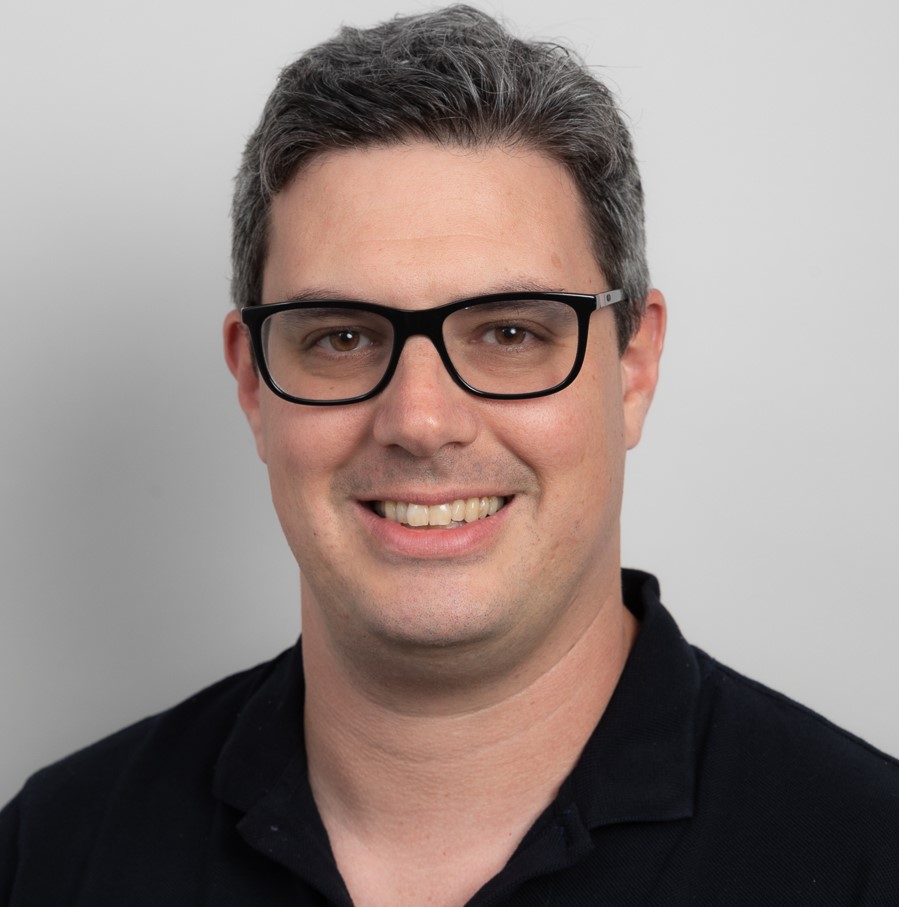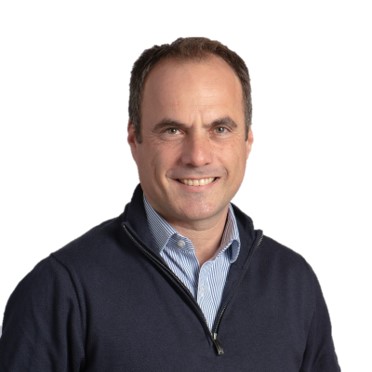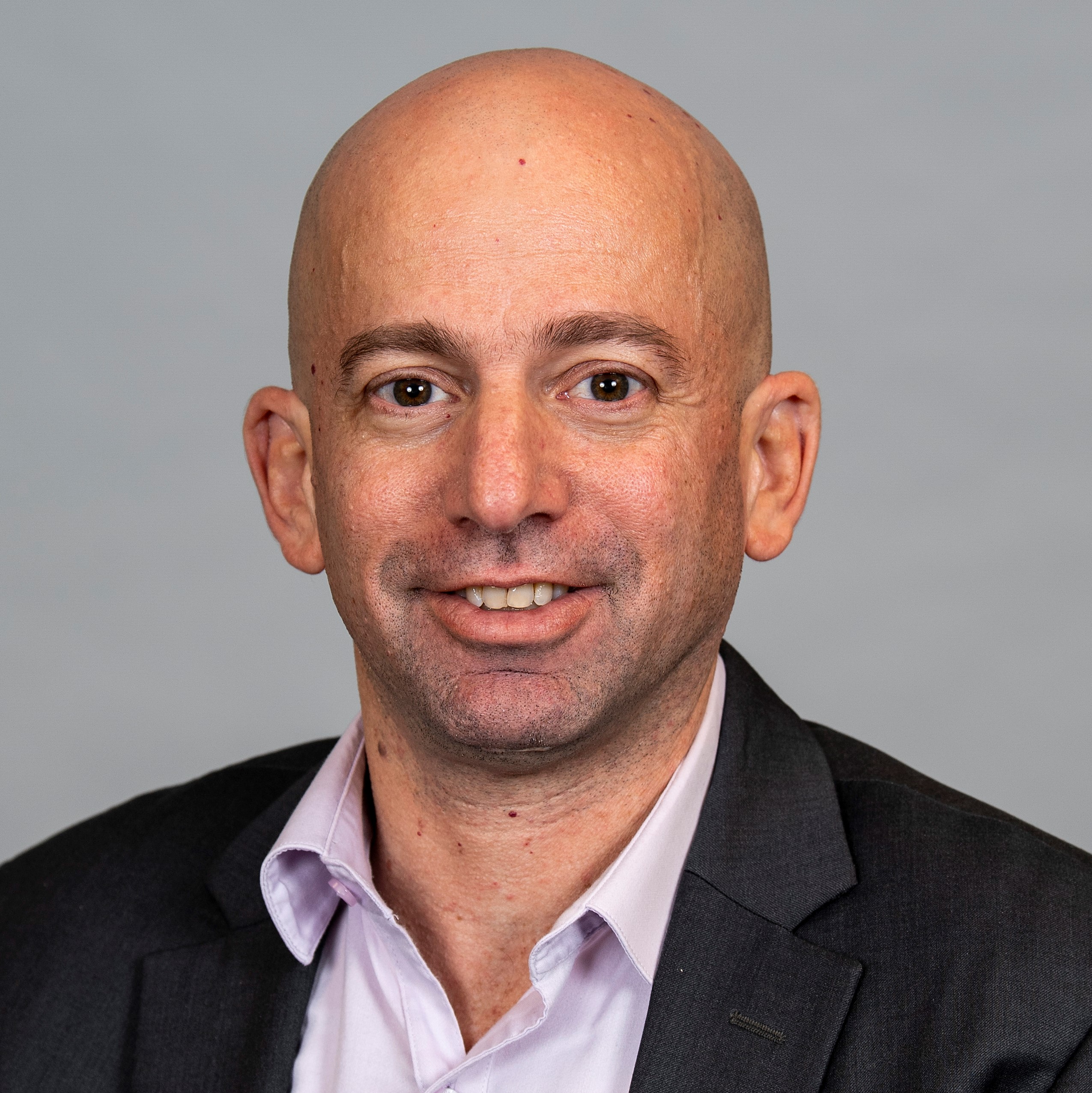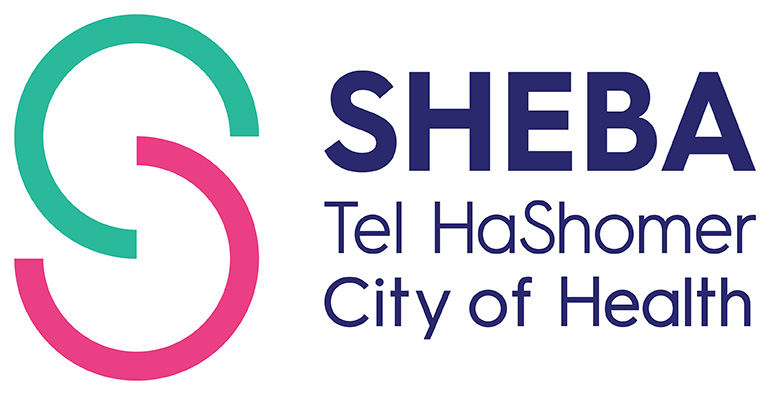
Continuing Lifesaving Innovation in the Age of Coronavirus
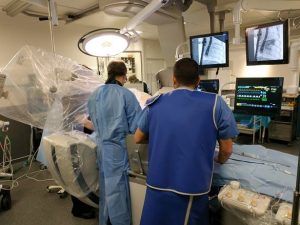
Zachi Berger, CEO and Co-founder, Append Medical
The story that’s currently front and center on the world stage is the outbreak of the coronavirus or COVID-19.
With many unknowns surrounding the virus, and its highly contagious nature, this outbreak is wreaking havoc on many industries and it seems like the business world is slowly coming to halt.
But what about those working on the front lines of medical innovation?
As a society, we rely on healthcare innovators to develop life-saving vaccines and treatments, technologies, devices, and procedures. With travel restrictions, limits on large gatherings, and millions around the world in quarantine, how can we keep progressing to ensure that healthcare continues to advance for patients dealing with health concerns beyond this current challenge?
This is the dilemma I faced last week as Append Medical, the company of which I am founder and CEO, had scheduled a France-based in vivo pre-clinical trial of our ‘Appligator’ Left Atrial Appendage (LAA) closure device. Travelling there would bring risk as, at the time of writing, the virus has killed 30 people and infected 1,606 in France. To compound matters, on my return to Israel I would be placed under a 14-day quarantine, per the current regulations in Israel requiring anyone coming into Israel from abroad to enter a 2-week isolation period.
There was one thought that was the deciding factor to go ahead with the trial as scheduled:
We are on a mission to save lives and improve the human condition.
After some deliberation I decided that we had to move forward with our trial. After months of planning, everything was in place. Postponing could mean a delay of weeks or months until everything would be ready again. We owe it to patients who are managing complex health issues, to move forward as quickly as we can.
I have no regrets about taking this risk, while of course, following all health guidelines for public health and safety. Thankfully, the in vivo pre-clinical trial was a success, and it led to new ideas to further simplify our LAA closure device, making it easier for physicians to use, and hopefully improving outcomes for patients who carry increased stroke risk due to non-valvular atrial fibrillation.
Now that I’ve returned from that trip, we continue our work, from our respective quarantines.
Fortunately, modern technology has allowed us to continue working with the support of video conferencing – something that companies, universities and even families are relying upon to stay connected at this time.
Even though I made the choice to accept quarantine upon my return, I knew that conducting the pre-clinical trial was the right decision. I knew that we could continue moving our plans forward, and we could continue to implement new improvements to the product, even if we wouldn’t be able to be physically in the lab.
While respecting recommendations of health ministries and governments around the world, it is incumbent upon healthcare innovators to push our innovations forward. Technology is allowing us to overcome many limitations on personal contacts and some personal sacrifices can help overcome a few other. I believe that if we remain committed and focused, then the progress we are able to make during these challenging days will give us a lasting advantage when the panic subsides.

Back




